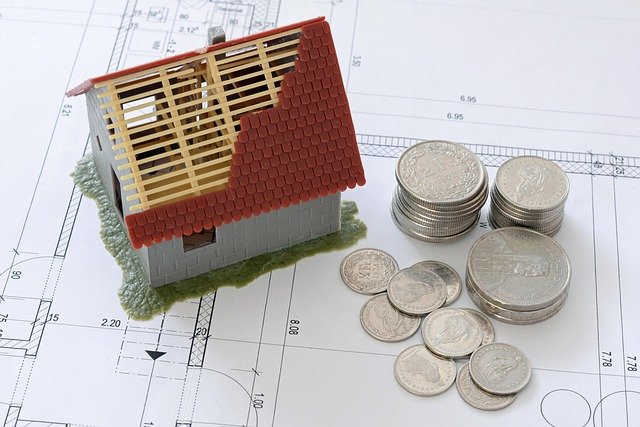Uncovering the Potential of Abandoned Houses: A Real Estate Investment Guide
Abandoned houses represent unique investment opportunities in real estate, offering both challenges and significant potential returns. These neglected properties, while often requiring substantial renovation work, can be acquired at below-market prices and transformed into valuable assets. Understanding the complexities and opportunities in abandoned property investment is crucial for both novice and experienced real estate investors.

Identifying Investment Opportunities in Abandoned Houses
Finding abandoned properties requires a systematic approach. Investors can locate these opportunities through multiple channels:
-
County tax assessor records
-
Local real estate agents
-
Property auctions
-
Direct mail campaigns to absentee owners
-
Drive-by surveys of target neighborhoods
Success depends on building relationships with local authorities and real estate professionals who can provide early notifications of available properties.
Legal Considerations and Property Acquisition
Purchasing abandoned properties involves navigating complex legal requirements. Investors must:
-
Verify property ownership and title status
-
Check for existing liens or tax obligations
-
Understand local zoning regulations
-
Obtain necessary permits for renovation
-
Comply with local vacant property ordinances
Working with experienced real estate attorneys can help avoid potential legal pitfalls.
Renovation Strategies and Cost Analysis
| Renovation Type | Average Cost Range | Timeline |
|---|---|---|
| Cosmetic Updates | $15,000 - $30,000 | 1-2 months |
| Moderate Renovation | $40,000 - $75,000 | 2-4 months |
| Complete Overhaul | $100,000+ | 4-8 months |
Prices, rates, or cost estimates mentioned in this article are based on the latest available information but may change over time. Independent research is advised before making financial decisions.
Property Management and Return on Investment
Successful abandoned house investments require careful consideration of:
-
Property management strategies
-
Rental market analysis
-
Exit strategy planning
-
Long-term maintenance costs
-
Property value appreciation potential
The renovation process demands careful planning and professional execution to maximize return on investment. Investors should establish relationships with reliable contractors, obtain multiple bids for major work, and maintain detailed project timelines and budgets. Regular monitoring of renovation progress helps ensure quality work completion within established timeframes.
Understanding the market dynamics, legal requirements, and renovation costs associated with abandoned properties is essential for successful real estate investment. While these properties present significant challenges, they also offer opportunities for substantial returns when approached with thorough research, careful planning, and professional execution.






